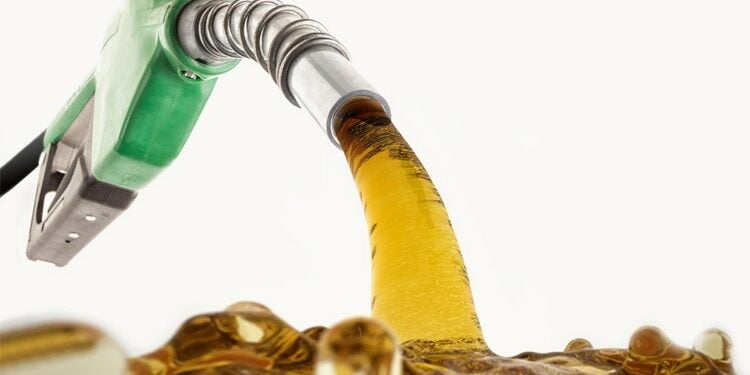The All Progressives Congress stalwart and the director general of the Confederation of APC Support Groups, Prof. Muhammad Abubakar Kailani, has attributed the economic hardship faced by Nigerians to the removal of fuel subsidies and the floating of the national currency.
Speaking at a press briefing in Abuja yesterday, Kailani criticised the government’s decision to implement these policies without adequate safeguards.
He described the devaluation of the naira as an “IMF trap” that has historically led to economic stagnation in borrowing nations.
“These two policy frameworks have very negative implications on the overall economy because they were hastily implemented,” Kailani stated.
“We can no longer pretend that all is well while most citizens are experiencing severe hardship as never before.”
Kailani pointed to rising food prices, unemployment, and persistent insecurity as indicators of the economic crisis.
He stressed that insecurity has exacerbated food shortages, creating a “deadly trap for the nation.”
The APC stalwart called on President Bola Ahmed Tinubu’s administration to overhaul its security and economic policies.
He proposed investing in modern security infrastructure, supporting small and medium enterprises (SMEs) with soft loans and grants, and diversifying the economy through agriculture and renewable energy investments.
“To achieve this, the president must make appointments based on merit rather than sentiments,” Kailani said.
He also urged the government to foster an enabling environment for foreign investors and robust infrastructural development to stimulate economic growth.
Kailani emphasised the role of citizens in holding leaders accountable.
“At this critical moment, Nigerians must rise to challenge any infringement of their rights to good governance and demand the dividends of democracy,” he said.
He called for state governments to harness local resources to reduce reliance on federal allocations, urging them to explore abundant mineral resources and agricultural potential for economic self-reliance.
Kailani lamented the high cost of living, citing the naira’s exchange rate of N1,600 to $1 and the declining purchasing power of average income earners.
He also advocated securing farmlands with advanced military technology, such as drones, to ensure food security.
“Nigeria is recognised as a beacon of hope for the West African sub-region and the global black race. We cannot afford to fail.”



